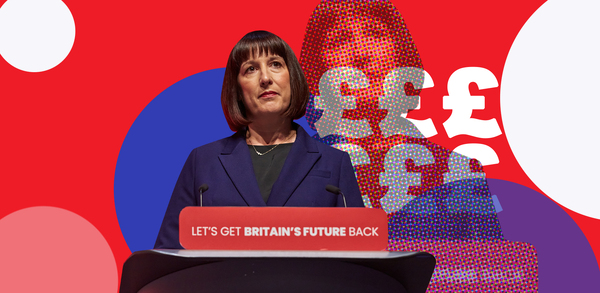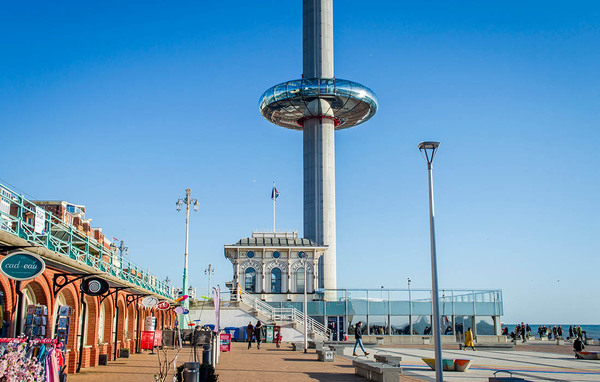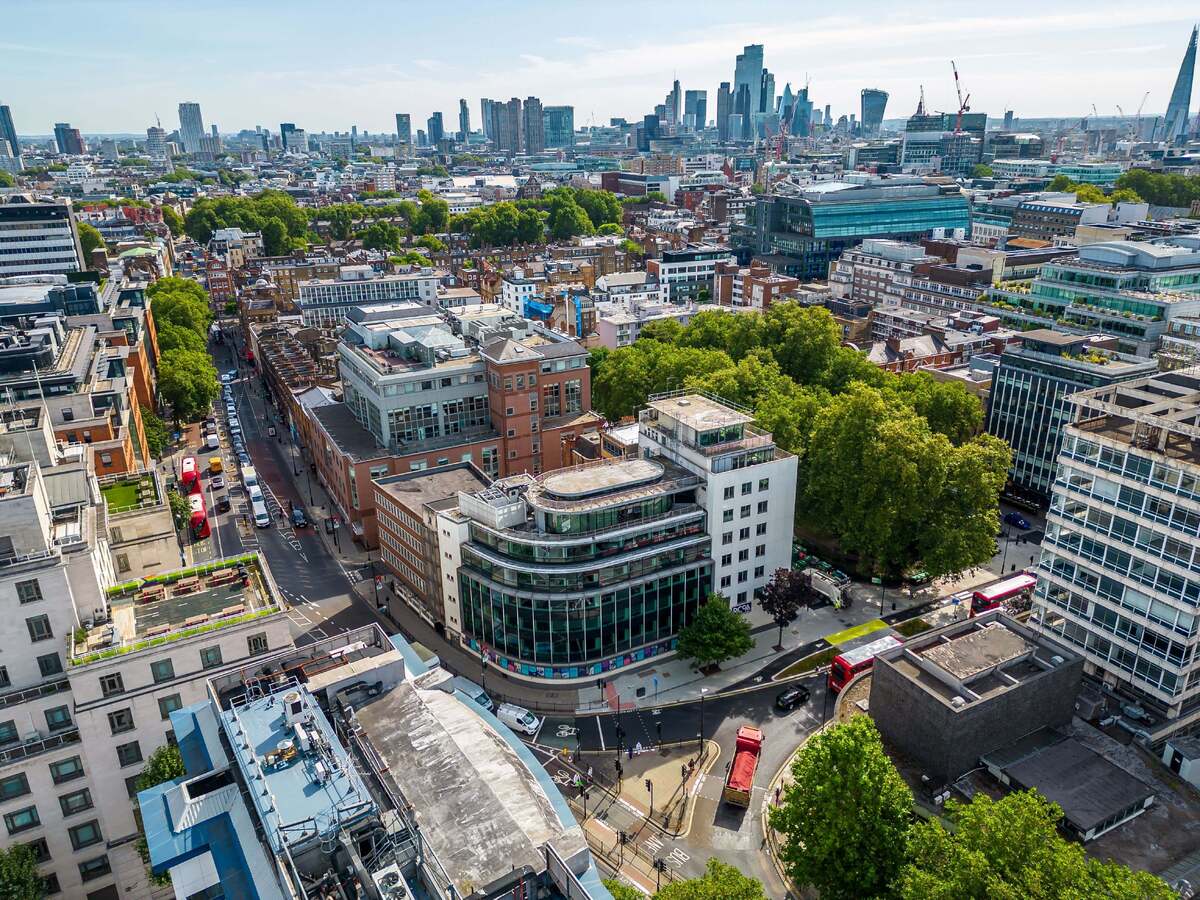Economic uncertainty stalls UK hotel investment volumes
Hotel transactions totalling £3b took place in 2022, with the total annual investment volume around 30% below the five-year average, according to property advisor Knight Frank.
With momentum from Q4 2021 continuing into 2022, UK hotel investment saw a robust first half of the year, accounting for 68% (£2.1b) of total annual investment. However, the volatility that arose from the war in Ukraine, combined with global economic uncertainty and the domestic political turmoil, had a substantially negative impact on hotel transaction activity throughout 2022.
Factors contributing to reduced levels of investment in the latter half of 2022 included the surge in energy costs, increasing payroll and other operational costs, the hike in interest rates resulting in the rising cost of debt and the growing threat of an economic downturn, with many deals failing to complete amid increased economic uncertainty.
This subdued investor sentiment contrasted with the strong growth and recovery of hotel trading performance in 2022. Knight Frank said the pandemic had been an accelerant of structural change, with more than 19,000 rooms permanently closing over the past two years. Combined with slower growth in the hotel development pipeline, this created a “favourable backdrop” for future investment and the sector is “now in a strong position to navigate the current headwinds and macroeconomic uncertainty”, the business said.
Despite the anticipation of distressed sales in 2023, the ongoing availability of Home Office contracts continues to provide some hotel owners with attractive short-term income streams, affecting the likelihood of hotels coming on the market, Knight Frank said. It added that it foresaw subdued levels of stock becoming available over the coming year, increasing competition for assets, but anticipated a revival in the number of hotel portfolios being marketed this year.
Henry Jackson, partner and head of hotel agency at Knight Frank, said: “While no hotel business is immune to the effects of an economic downturn, and while profit margins are likely to be squeezed in the short-term, operationally the sector has continued its recovery and an upturn in investment levels for 2023 is anticipated. We have seen an uptick in investor activity at the end of 2022 and purchasers who are proactively seeking out opportunities now are well placed to move quickly when new stock becomes available. Investors are showing renewed signs of confidence in the London hotel market, with overseas purchasers benefitting from currency plays.
“Once the economic picture is clearer and the availability of debt recalibrates, we expect transactional activity during 2023 to rebound at a more buoyant pace, exceeding 2022 levels. With hotel property offering value and resilience relative to other real estate asset classes, a wide range of investor types will seek to deploy capital into the sector.”
Photo: Shutterstock




















